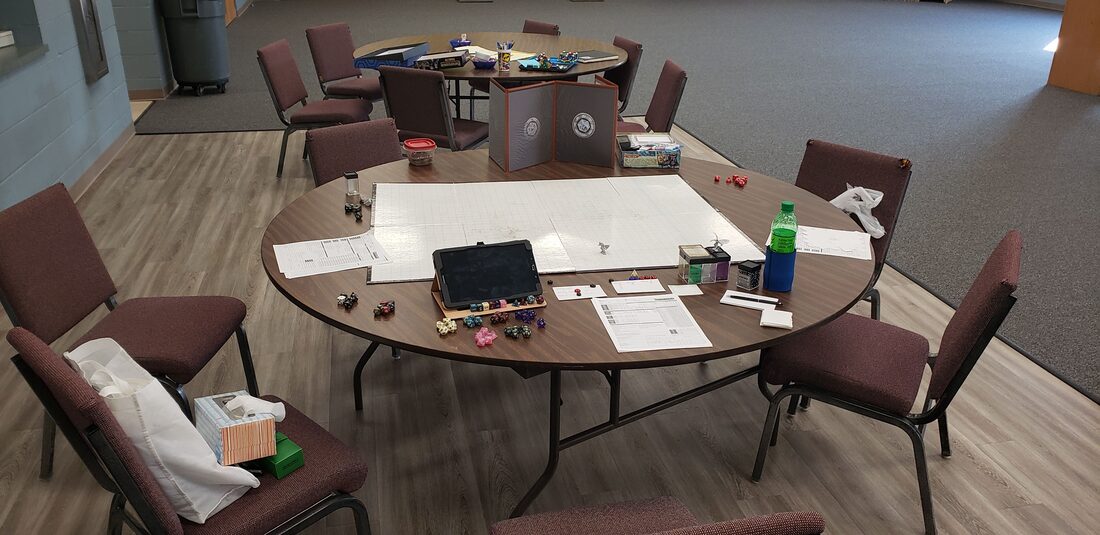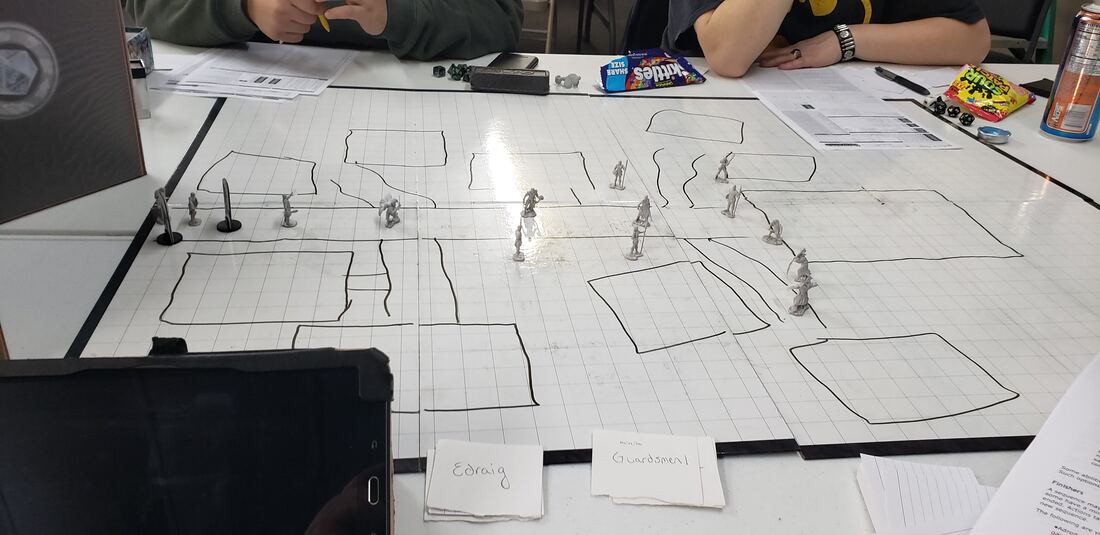
In philosophy there is a classic thought experiment called “The Trolley Problem.” It has existed in one form or another for over a hundred years and today it is one of the most common exercises in philosophy courses around the world. In the Trolley Problem, the listener is tasked with making a choice regarding an out of control train hurtling down the tracks. If they do nothing the train will run over something on the right hand track. If they pull a switch the train will run over something on the left hand track. The way in which the Trolley Problem is loaded helps to explore various ethical and philosophical questions in a practical, intuitive sort of way. For example, a common framing of the problem has the listener take the role of a train conductor. Their son/daughter is on the right hand track. The left hand track has 5 strangers standing on it. This helps the listeners explore theories like utilitarianism and moral imperatives, based on how they would choose to resolve each choice they illuminate their own philosophical understanding. Some of the scenarios become truly bizarre depending on what the framer hopes to illustrate. Perhaps the right hand track contains an old man and the left, an infant. This raises questions about age and how it should affect moral thinking. But you could go a step further. Now the old man is a well respected and beloved person who lives an impeccable and self-sacrificial life (perhaps an aged Mr. Rogers). And the infant will grow up to be the next Hitler. These sorts of conundrums can drag out all sorts of different thoughts and feelings for reflection. It's actually very similar to why I like the game Dungeons and Dragons (or its other tabletop role playing game descendants). For those who have never seen or heard of it before, D&D (as it is usually abbreviated) is a role playing game set in a fictional fantasy world. The players take on the role of a specific character within this world, usually a hero or adventurer and play by guiding their character through various challenges and situations using their character's unique skills and abilities. The DM or Dungeon Master serves as the narrator, framing the world and its contents for the players to interact with and offering its responses. A player might choose to play a powerful warrior who solves problems through fighting and breaking things. Or a sly charmer who disarms difficult situations with their words and influence alone. Or maybe the classic wizard, enigmatic and wise, able to magic into being solutions for their challenges. Each of these classes provides a framework of abilities and skills to use to interact with the world. But unlike a video game where the character's nature and actions are closely limited by programming, D&D offers a level of absolute narrative freedom. There are no irrationally locked doors, there isn't an invisible wall at the edge of the map. Every problem or predicament can be faced in a manner of the player's choosing. So every sentient being can be talked to or negotiated with, any random townsperson could start a fight. This introduces a high level of choice into the game.
Players are encouraged to not just use their abilities but to use them in a consistent way that helps reveal who the character is that they are playing. Players have to choose a moral alignment and a code for their player. Players can be lawful good, someone who seeks the well being of others while following the rules and regulations of the world, even if they are difficult or unreasonable. Many players choose Chaotic Good, a Robin Hood worldview that puts the good of others above laws or limitations. Some players even choose evil characters, perhaps a vicious would be tyrant who is seeking to conquer his corner of the world or a heartless master of battle who only seeks to grow in power by dueling with others.
In every case, to play the character well, the player has to really dig into the intersection of who and why. Who is their character? What are their values? What are their principles? Why do they act the way they do? Even the same profession with the same alignment might play very differently. The classic Lawful Good character is the Paladin, a holy warrior who uses strength at arms and divine miracles together. One Paladin might seek to overturn every small evil in front of them regardless of the consequences. Another might argue for occasional discretion in order to focus on the larger threats. Each of these characters is a Lawful Good Paladin but now they have fundamentally diverged over what goodness requires. Or one might argue that only laws instituted fairly and freely must be followed, while the other insists on following every last rule, law and custom even when it is difficult or the law is patently unjust. By forming these characterizations and weaving them into a character's story, past and present, the player is participating in their own miniature version of the trolley problem. They are examining, evaluating and implementing moral judgments in a way that is often impossible to replicate in the real world. They are learning to see the hidden connections between a person's past and their present behavior. They are learning real empathy from fictional people. This is an incredible asset for discipleship and formation. Because the moral vision which players learn to use in playing D&D can carry over into their real lives. By learning to think through these moral quandaries in a fictional setting they are still training their real life moral faculties. They can deeply explore hard moral choices within a safe environment. And when players leave behind their character or role they still bring with them the experience they've gained in identifying and thinking through moral dilemmas. Now they are free to engage their own lives with that same level of thought and attention. D&D does what the best fantasy and sci-fi fiction has always done, it holds up a mirror to reality and allows us to see things more clearly in our own world. It creates a world of grand adventure and monumental quandaries. A place for players to wrestle with the most important things in life, momentarily safe behind dice and character sheets. And the best games will reach through the page, past the dice, to challenge players as people, encouraging them to grow and advance as an individual just as much as their character. This piece is a bit out of date but TTRPG's still play a big role in my IRL Cleric'ing. If you would like to know more about running TTRPG's for teens or especially in a church setting feel free to shoot me an email!
0 Comments
|
AuthorHi! I'm Colby. DM, Nerd, IRL Cleric and Writer. Archives
June 2022
Categories
All
|
Proudly powered by Weebly

 RSS Feed
RSS Feed